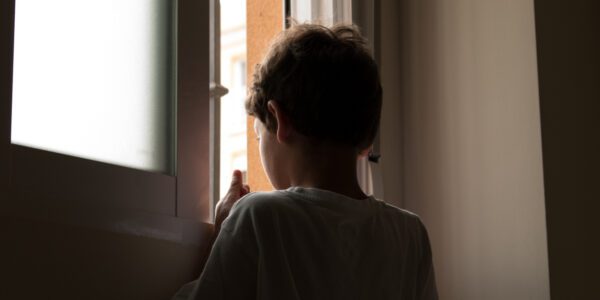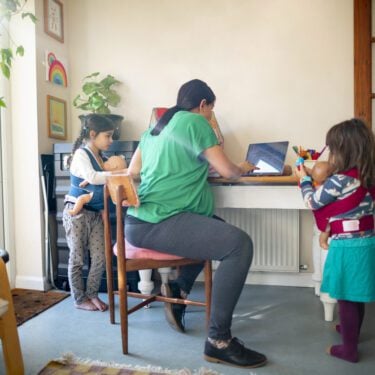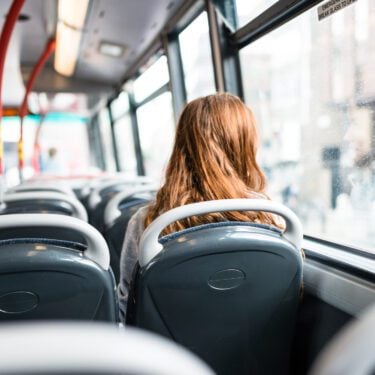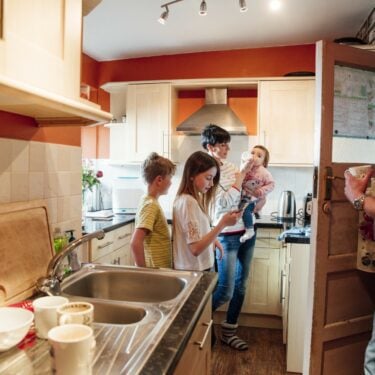-
Professor Ruth PatrickUniversity of York
Project overview
This project will gather evidence from more than 200 parents and carers living on low incomes to inform the UK government’s child poverty strategy. More generally, it will examine how to meaningfully involve people with lived experience in the policymaking process.
Why this project is important
2025 will see the publication of the government’s first UK-wide Child Poverty Strategy in almost seven years. Current research highlights the harm poverty causes and the effectiveness of interventions. This project will ensure the knowledge and expertise of families on low incomes is also a direct input into policy thinking on the design, delivery, and implementation of the strategy.
What it will involve
Drawing on Changing Realities (previously COVID Realities), the research team and parents with experience will engage with the ministerial Child Poverty Taskforce and feed into the development of the Child Poverty Strategy. The Cabinet Office has made a public commitment to this engagement.
How it will make a difference
Completion of the project will result in improved knowledge of parents and carers’ priorities for the child poverty strategy and insights into participatory policy engagement. Evidence and impact will be generated through:
- Written, video, and audio diary entries responding to video recorded questions posed by civil servants working on the child poverty strategy.
- Policy proposals costed by CPAG’s policy modelling expert.
- Meetings between participants, ministers, and civil servants.
- Direct advice and support to the Child Poverty Unit about how to engage effectively with people with lived experience of poverty.
- Online meetings with participants to reflect on the engagement activities and to generate findings on the impact of and lessons from directly involve people with lived experience in policymaking processes.
COVID Realities was funded as part of the Nuffield Foundation’s rapid-response to the COVID-19 pandemic. It provided real time insight into everyday experiences of the pandemic for families living in poverty, support for the ecosystem of researchers working with low-income families, and synthesised findings from more than a dozen ongoing research projects. Much of the research was participatory, creating opportunities for parents and carers living in poverty to be part of conversations about what needed to change and why.
The participatory activities continued through the cost of living crisis with funding from Abrdn Financial Fairness Trust. The research has continued with support from the Robertson Trust and Guys and St Thomas’ Trust and is now called Changing Realities.




























